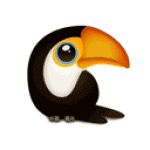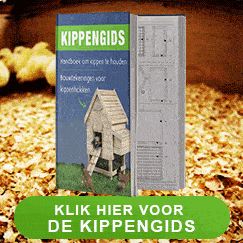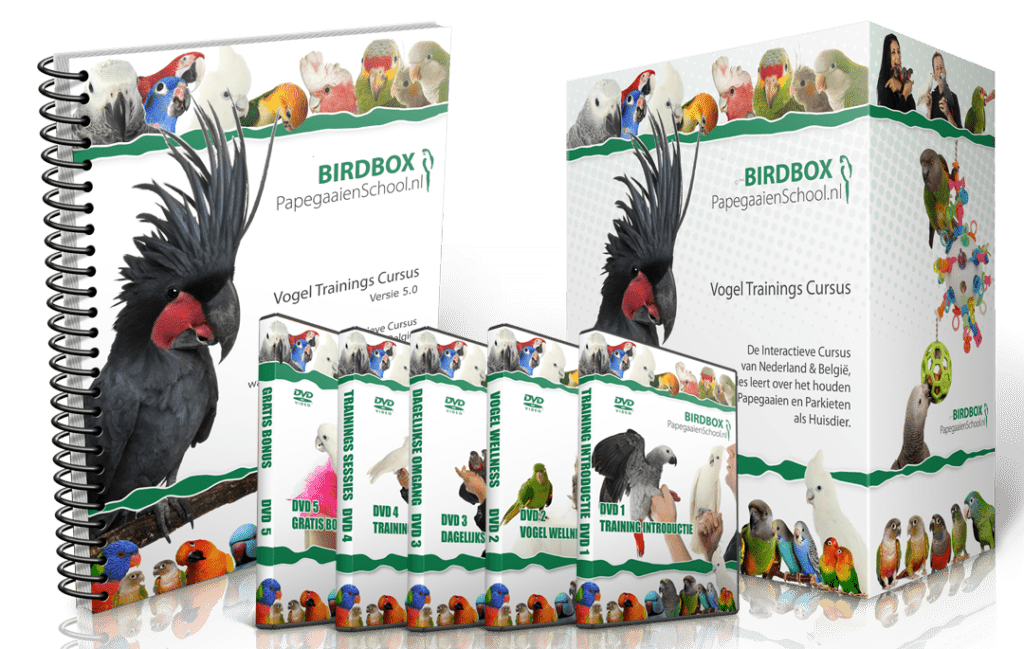A cockatiel is a bird from the parrot family that comes from the Australian wetlands and various dry areas, but have migrated toward those lands that are closest to the water over the evolution of the bird. They are naturally ground eaters, and that plays a large role in the diet that is best for your cockatiel. Grass seeds or pellets need to make up around 60% of their total diet because of this natural ground eating trait.
Fruit, given to them in small pieces, with any large seeds removed, should make up around 25% of the overall diet of what your cockatiel consumes daily. In addition, they should have a blend of healthy vegetables and approved seeds to make up the remaining portion of the diet they consume daily. Healthy vegetables for a cockatiel include carrots, beet, cabbage and lettuces, and tomatoes. All of these approved vegetables should be given to them in small pieces, just as if you were feeding your cockatiel fruit.
Can A Cockatiel Eat Watermelon?
You may absolutely feed your cockatiel watermelon. The seedless variety is best, however, and any large or visible seeds should be removed prior to giving the fruit to your cockatiel. You can try many different varieties of melon with your cockatiel, not just watermelon. Honeydew, cantaloupe, and other varieties of summer and fall melon are also great for your cockatiel as long as you follow the same guidelines in ensuring that you remove any large or visible seeds. Once you’ve done so, just cut it into very small pieces, and let them have at it.
Can A Cockatiel Eat Banana?
Banana is certainly a cockatiel approved snack. As a matter of fact, a firm and slightly ripe banana is a great treat for a cockatiel, and also lends much needed vitamins to your cockatiels diet. Another plus with giving your cockatiel banana is that there are no seeds to contend with, so there is no risk of them ingesting something that will give them intestinal issues as they try to process the food. A banana is a great fruit option for your cockatiels diet.
Can A Cockatiel Eat Grapes?
Grapes are a perfect example of the type of fruit that is great to give to your cockatiel. As a matter of fact, seedless grapes should just be sliced in half and you can let your bird enjoy his sweet and healthy treat. Because of the fact that there will be no large seeds or pits to contend with, and because grapes don’t bruise and mold easily, they are a great choice for your cockatiel.
Can A Cockatiel Eat Apples?
Apples are a good fruit choice for your cockatiel, but you need to do some prepwork before you let your bird have any. First, you need to peel and pare the fruit. Many orchards are treated with chemicals and pesticides more than once during the season, and the rind absorbs that poison. Your bird, because of his much smaller size, will be a great deal more sensitive to these poisons than you are.
Peel the apple, cut it into sections, then remove all of the seeds. Cut the apple into bite sized pieces so that your bird can enjoy them. Don’t ever allow them to have the apple skin or the seeds. Both the skin and the seeds can be quite bad for the health of your cockatiel.
Can A Cockatiel Eat Cucumber?
Cucumbers are a great choice to give to your cockatiel to supplement their vegetable intake. However, it is important that you do some prep work prior to giving your cockatiel the cucumber pieces. First, peel the cucumber fully. Your cockatiel may have a very hard time processing the rind of the cucumber.
After you have fully peeled the cucumber, take a corer and core out the center of the cucumber where all of the seeds are located. After you have cored all of the seeds out, you can cut the cucumber into small pieces, or cubes, so that it is easily manageable for them to consume.
Can A Cockatiel Eat Pineapple?
Absolutely, you can give pineapple to your cockatiel. As a matter of fact, many of the citrus fruits are an excellent addition to your cockatiels diet because it adds vitamin c to their menu. However, obviously there is some prep work that must be done prior to giving your cockatiel pineapple.
To start with, you of course want to remove the pineapple from its exterior husk to expose the soft and fleshy fruit beneath. Your cockatiel will not be able to digest the exterior of the pineapple, and it may hurt it to try and do so. Once you’ve removed the exterior peel and are dealing with the interior fleshy fruit of the pineapple, you may simply cut the pineapple into small and manageable pieces, and then give it to your cockatiel to enjoy.
Can A Cockatiel Eat Mango?
Sure, your cockatiel can eat mango. Like many of the citrus fruits, mango is excellent for your cockatiel as it helps to introduce vitamin c into their diet. However, mango is another fruit that requires you to do some preparation before your cockatiel may be able to eat any of it.
Remove the exterior skin of the mango. Simply peel the mango just as you would an apple. Then cut the interior spongy fruit of the mango into small and manageable pieces. Do not serve your bird any of the pit, or seed, from the mango. This can prove to be toxic if they try to digest it.
What Should Your Cockatiel Never Have?
There are several foods, including fruit, that you should never give to your cockatiel under any circumstances because it is toxic to them. Never feed your cockatiel rhubarb, alcohol, chocolate, leaves from tomato plants, leaves from eggplant plants, leaves from bean plants, apple seeds, pear seeds, orange seeds, lemon seeds, apricot pits, peach pits or plum pits. Never give your cockatiel any portion of an avocado. All of the items in this list are very toxic to your cockatiel and will more than likely result in death.
What Care Should I Take With The Fruit I Give My Cockatiel?
The first thing that you want to do with any fruits or vegetables that you feed to your cockatiel is to wash it very thoroughly. There are a number of pesticides that are used on orchards and fields when fruits and vegetables are being grown in order to keep both insects and birds away from the crops. You should wash, scrub, peel and rinse all fruits and vegetables that you are serving to your cockatiel so that they do not ingest any of these contaminants, which could make them ill or even prove fatal to them if ingested in heavy doses.
Only feed your cockatiel fruit that is healthy and fresh looking. Fruit that is mushy, bruised, or discolored is more than likely in the process of allowing the growth of mold on it. That mold is very quickly contaminated with mycotoxins, which are the compounds that are produced by mold causing fungi. These are toxic to your cockatiel. This is why you don’t see birds eating rotton fruit in their native environments, they just leave it on the ground for the bugs to consume. If it doesn’t look as though the fruit is in pristine condition, don’t risk it. Never feed your bird a fruit or vegetable that could be fatal simply to avoid having to throw it out.
Are There Other Precautions I Should Take?
Don’t feed your cockatiel any canned fruits or vegetables. The reason is because canned fruits and vegetables are often loaded with sodium, which can be very detrimental to their health. Also, the heat that is used during the process destroys the vitamin content of the fruit or vegetable, which defeats the entire purpose of supplementing your birds diet with it in the first place. If you cannot find fresh fruits or vegetables, use frozen as a last resort. If there is simply no way to avoid giving them the canned variety, run it under cold running water for at least a full minute so that much of the sodium is washed away during the rinsing process.
Don’t feed your cockatiel onions or garlic. They can cause a certain type of anemia in dogs and cats, and although birds have a different type of blood cell that doesn’t seem to allow this anemia to develop, onions and garlic are still considered risky and toxic to feed to your cockatiel. Why risk making your cockatiel sick, or even worse?
There are safe herbs for your cockatiel to consume, though, and here is a short list of them so that you can allow your bird to enjoy some fresh herbs in their diet:
- Basil
- Chamomile
- Chicory
- Cilantro
- Dandelion
- Dill
- Ginger Root
- Fennel
- Lemon Balm
- Oregano
- Parsley
- Rosemary
- Thyme
- Dry Cinnamon
Safe seeds (from plants) that can be consumed by your cockatiel:
- Canary Grass
- Canola
- Caraway
- Echinacea
- Flax Seed
- Hemp Seed
- Pumpkin
- Safflower
- Sunflower
- Thistle
- Sesame
Human saliva can be toxic to your cockatiel as well. The reason for this is because your cockatiel doesn’t have the same set of antibodies and defenses that you have developed over time. Don’t allow your bird to share food with you, as you may end up feeding your cockatiel your potentially toxic saliva. Always give your cockatiel his own portion so that there is no sharing taking place. It’s simply not smart. Also, if you are developing a cold or illness it is very possible that by sharing your food with your cockatiel, you will pass that cold or illness along to your bird. This can prove to be fatal to your cockatiel. Simply give your cockatiel their own dish with the fruit or vegetable serving so that they may enjoy it on their own without any worries about damaging their health in any way.
Cockatiels And Fruit: A Recap
They are naturally ground eaters, and that plays a large role in the diet that is best for your cockatiel. Grass seeds or pellets need to make up around 60% of their total diet because of this natural ground eating trait.
Fruit, given to them in small pieces, with any large seeds removed, should make up around 25% of the overall diet of what your cockatiel consumes daily. In addition, they should have a blend of healthy vegetables and approved seeds to make up the remaining portion of the diet they consume daily. Healthy vegetables for a cockatiel include carrots, beet, cabbage and lettuces, and tomatoes. All of these approved vegetables should be given to them in small pieces, just as if you were feeding your cockatiel fruit. Honeydew, cantaloupe, and other varieties of summer and fall melon are also great for your cockatiel as long as you follow the same guidelines in ensuring that you remove any large or visible seeds. Once you’ve done so, just cut it into very small pieces, and let them have at it.
Never feed your cockatiel rhubarb, alcohol, chocolate, leaves from tomato plants, leaves from eggplant plants, leaves from bean plants, apple seeds, pear seeds, orange seeds, lemon seeds, apricot pits, peach pits or plum pits. There are a number of pesticides that are used on orchards and fields when fruits and vegetables are being grown in order to keep both insects and birds away from the crops. You should wash, scrub, peel and rinse all fruits and vegetables that you are serving to your cockatiel so that they do not ingest any of these contaminants, which could make them ill or even prove fatal to them if ingested in heavy doses.
Only feed your cockatiel fruit that is healthy and fresh looking. Fruit that is mushy, bruised, or discolored is more than likely in the process of allowing the growth of mold on it. That mold is very quickly contaminated with mycotoxins, which are the compounds that are produced by mold causing fungi. These are toxic to your cockatiel.



